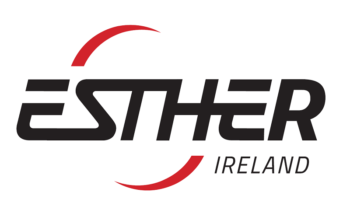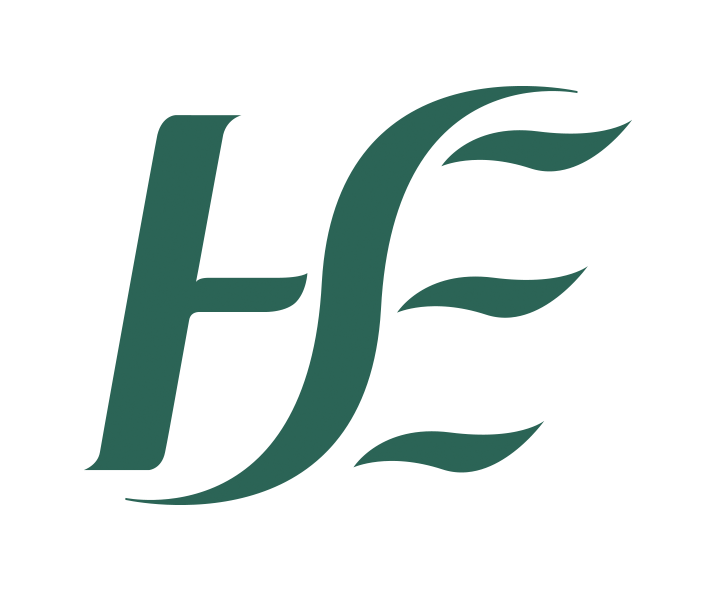To Watch The Video & Download It Directly
We appreciate your feedback! Please fill out this quick 5-question feedback form to help us with the video series.
Watch The Video In YouTube
Text
This video is aimed at health workers caring for pregnant women before, during and after delivery. To outline current knowledge regarding COVID 19 and pregnancy. And to guide management of pregnant women and newborn infants with possible or confirmed COVID 19.
Risk of COVID-19 in pregnancy
- There is very little information currently available on COVID 19 infection in pregnancy, and in the postpartum period.
- However there is no evidence that pregnant women present with different symptoms, or are at higher risk of severe illness than the general population.
- There is no evidence of mother to child transmission.
- Evidence of increased severe maternal or neonatal outcomes is uncertain, and limited to infection in the third trimester, with some cases of premature rupture of membranes, foetal distress and preterm birth reported.
Preparing for COVID-19
- It follows that disruption to the normal schedule of maternal and child services carries a greater risk of pregnancy and neonatal complication, than any risk from COVID-19.
- Facilities need to prioritise the continuation of ante-natal care, delivery and post-partum care, and especially ensure no disruption to emergency obstetric care.
- Health workers need to plan for staff and supplies, including extra attention to infection prevention and control. Infection prevention and control feature in separate videos in this series.
Antenatal care
- Prior to delivery, a hospitalised pregnant person with suspected or confirmed COVID-19 infection, should be managed in accordance with the infection prevention and control guidance for other COVID-19 patients.
Intrapartum care
- Patients with suspected or confirmed COVID-19 who are in labour, should be placed in an isolation room.
- The door should remain closed with appropriate isolation signage placed on the exterior door.
- The patient should remain in isolation throughout their hospital admission.
- During their delivery, healthcare staff must wear appropriate PPE.
- Caesarean section should only be undertaken when medically justified, and is not specifically required for a pregnant woman with suspected or confirmed COVID-19.
Postpartum care
- Infection control precautions for mothers with COVID-19 should continue after delivery.
- A small number of cases have been reported of infants confirmed with COVID-19, and most have experienced mild illness.
- Infants born to mothers with suspected, or confirmed COVID-19 infection, should be fed according to standard infant feeding guidelines, while applying necessary precautions for infection prevention and control.
- All confirmed or suspected COVID-19 mothers breastfeeding, or practising skin-to-skin contact or kangaroo mother care, should practise respiratory hygiene, when handling or feeding their child. This includes hand hygiene before and after contact with the child, and frequent cleaning and disinfection of surfaces. And the wearing of a facemask if the mother has respiratory symptoms.
Postpartum care
- COVID-19 mothers too ill to care directly for their infants, should be encouraged and supported to express milk and provide it safely to the infant, while applying appropriate infection prevention measures.
- Suspected, or confirmed COVID-19 mothers should be enabled to remain with their infants day and night, using the infection control precautions previously described. And to practise skin-to-skin contact or to kangaroo mother. This is particularly important immediately after birth during establishment of breastfeeding.

This work is licensed under a Creative Commons Attribution-NonCommercial 4.0 International License.

